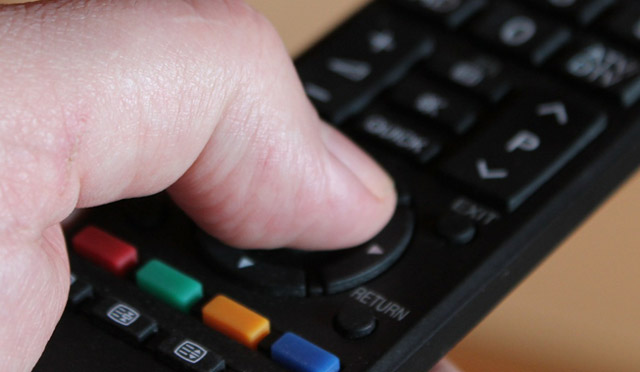
Cabinet’s decision to provide free set-top boxes to 5m poor South Africans does not go far enough, two public broadcasting advocacy groups have said.
Media Monitoring Africa and the SOS Coalition say government should have required that conditional access and encryption technology be used in government-subsidised set-top boxes for digital terrestrial television.
This is needed, they argue, to “promote meaningful universal access and media diversity”. Encryption will give free-to-air broadcasters the opportunity to access premium international content, they say.
The lack of encryption in the set-top boxes will also solidify MultiChoice’s dominance in broadcasting and pay TV.
The civil society groupings are also unhappy about what they believe are deficiencies in the draft subsidy scheme proposed by the Universal Service & Access Agency of South Africa (Usaasa) prior to the cabinet announcement.
Of particular interest is the definition of who constitutes the poor, with the groups saying that the definition of poor households as those earning R3 200/month or less is unacceptable. They want this raised to R4 500/month, and even to include those households earning up to R12 000/month.
SOS and Media Monitoring Africa also share an apprehension over the prescribed means test proposed by Usaasa and the minister of communications. They say that South Africans should not be subjected to a humiliating test to prove that they are poor and called for a more streamlined process.
Also, they say, set-top boxes should not be used to cut off people who have not paid their TV licences as this impedes their right of access to information.
Communications minister Faith Muthambi and telecommunications & postal services minister Siyabonga Cwele are due to appear in parliament tomorrow to explain the country’s readiness to begin digital migration. — (c) 2015 NewsCentral Media




